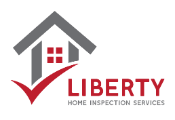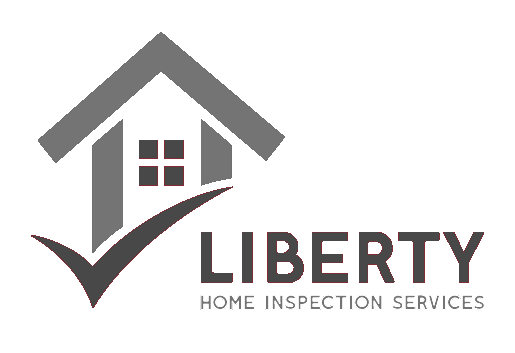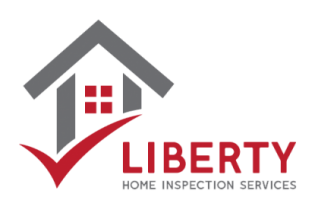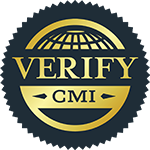Home Inspection Frequently Asked Questions
What is a home inspection?
A home inspection is a visual examination of the home’s major structure, systems and components that are visible and safely accessible. The inspector should adhere to a standards of practice that outlines what should be included, and excluded, during a general home inspection. While some inspectors may follow the standards of practice, others can exceed the standards to perform a more detailed inspection. Whatever the inspector includes in his or her inspection should be discussed prior to the inspection – this is known as the scope of work. The inspector should be able to provide you with a copy or online link to the standards of practice they follow. The inspector should provide you with a written report, which may include photos and/or recommendations, of his or her findings of the inspection.
Read InterNACHI’s Standards of Practice to find out what is typically included and excluded in a home inspection.
Why should I get a home inspection?
Buying a home is typically the biggest investment you will ever make. This is why it is so important to get a home inspection. The inspector should discover and document defects that may, or may not be, obvious to you as a prospective buyer. Defects can include simple replacements or repairs, as well as, severe damage or safety and health concerns. Additionally, most mortgage companies require a home inspection before approving the home loan.
How can I be sure that a home inspector is qualified?
It is important to choose a home inspector who is qualified, licensed or certified. Many areas do not regulate home inspections, so anyone could call themselves a home inspector. It’s important to know that just because someone performs home inspections doesn’t mean that they’re qualified to do so. If you are buying or selling a home in an unregulated jurisdiction, such as Idaho, make sure to look for a home inspector with the proper certifications.
International Association of Certified Home Inspectors – InterNACHI®
InterNACHI® is the largest and most trusted home inspector association in the world. Its members undergo rigorous training to become Certified Professional Inspectors (CPIs)®. They also follow a Standards of Practice and adhere to a Code of Ethics.
How much does a home inspection cost?
There is no set cost for a home inspection. The cost varies based on the local market, the size of the home, the scope of the inspection, and more. Before the inspection, you should find out what will be included in the inspection and what won’t. These details should also be outlined in the inspection agreement that you sign prior to the inspection.
How long does a home inspection take?
A home inspection may take up to four hours.
This depends on the home’s age, size, and location. Also, the home inspector’s own work protocols and ethic may effect the time needed for your home inspection. Adding square footage, outbuildings, and/or ancillary services may also increase that time. A general home inspection should not take significantly less than two to three hours. Otherwise, it may indicate that the inspector was not thorough enough.
At what point in the real estate transaction should I schedule a home inspection?
A home inspection is usually scheduled after an offer has been made and accepted, but before the closing date. This is so the inspector can rule out any major defects that could be dangerous or costly. In rare cases—due to timing or contractual issues—the inspection can be scheduled after the closing date. If this is the case, the home buyer should schedule the inspection for the earliest possible date after closing.
Should I be present for the inspection?
A lot can be learned by following an inspector through the home.
You should attend the inspection, and you should reconsider hiring an inspector who doesn’t allow this. This will certainly give you a better understanding of the home’s condition, which will give you insight into its potential sale points and defects. Additionally, you will likely learn information about the home’s maintenance, systems and components that may provide useful for the transaction.
Can the home inspector also repair any defects he or she finds?
What if your home inspector is also a licensed contractor? Sounds great, right? Not always.
Although it may seem convenient to have an inspector who is also a contractor, it poses a conflict of interest. According to InterNACHI’s Code of Ethics:
The InterNACHI member shall not perform or offer to perform, for an additional fee, any repairs or associated services to the structure for which the member or member’s company has prepared a home inspection report for a period of 12 months. This provision shall not include services to components and/or systems that are not included in the InterNACHI Standards of Practice.
If an inspector financially benefits from finding any defects, this can impact the accuracy of the report (whether intentional or not).
Make sure the inspector you hire abides by a Code of Ethics and Standards of Practice.
What happens if the inspection reveals problems?
If your home inspection reveals any problems, it is important to understand the severity of the defect. For example, a missing shingle or dirty air filter can be easily fixed at a low cost. However, if the defect is more extreme, you should find out how these problems can be addressed. You should also determine whether you can negotiate their cost with the seller. Other extreme problems may be a major foundation crack, wood-destroying organism infestation, or evidence of mold. Additionally, your home inspector may recommend further evaluation by a professional who specializes in the particular area.
What is Mold? What is a Mold Spore?
Mold eats and destroys normal building materials used in your home when they get wet.
- Mold reproduces and spreads by shedding microscopic mold spores in the air
- Mold spores travel through the air and we breathe them in – sometimes in large enough amounts that are unhealthy.
- Water is the problem, mold is the result of excess water.
Indoor mold types that can damage your home and health include:
- Aspergillus/Penicllium/Trichoderma
- Stachybotrys/Chaetomium/Ulocladium
- Cladosporium/Alternaria/Curvularia
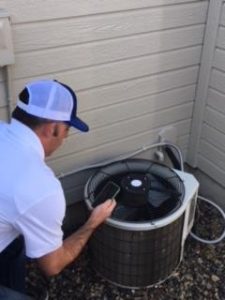
Certifications acquired through home inspector training from InterNACHI
